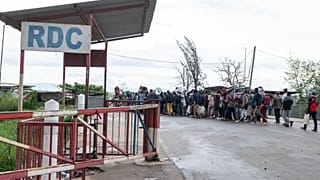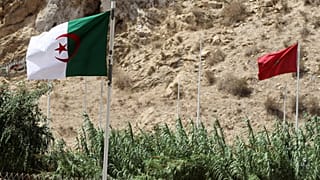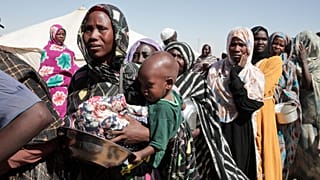Sudan
Sudan has arrested 41 people and seized a large amount of explosives big enough to blow up the capital Khartoum, authorities said on Wednesday.
The materials included amonium nitrate, the same chemical that caused a deadly explosion in Lebanon on August 4.
"Forty-one people were arrested in possession of explosives, enough to destroy (the capital) Khartoum," said public prosecutor Tagelsir al-Hebr in a press conference, adding that his office had opened an investigation.
Intelligence gathered since August on "the movements of terrorist groups" led to the arrests, according to Jamal Jumaa, spokesman for the paramilitary Rapid Support Forces.
"We fear now that some Sudanese people will resort to carrying out sabotage and bombings," he said.
Sudan is been led by a transitional government, which took power months after the April 2019 ouster of longtime president Omar al-Bashir.
The country has continued to suffer economically, which has been battered by decades of US sanctions and internal conflict under Bashir's rule.
Since 1993, Khartoum has been on a Washington blacklist of state sponsors of terrorism, a designation that has kept away much-needed foreign investment and strangled Sudan's economy.
Post-Bashir transitional authorities have been has pushing to end the country's pariah status and boost its standing among the international community.
During the press conference, Jumaa warned that the transfer of explosive materials to neighbouring countries could derail the process.
Before even being removed from the US blacklist, "we fear that we will once again be classified as a state sponsor of terrorism," he said.











00:49
Eritrea announces departure from IGAD regional bloc
01:43
Fuel tanker explosion kills at least eight people in Cameroon
02:01
Sudan: RSF capture of Heglig threatens South Sudan's oil exports
00:30
Global humanitarian crisis worsens, UN seeks $23 Billion for 2026
Go to video
A full-blown industry': Inside Nigeria’s kidnapping economy (Africanews Debates)
01:48
NGO says EU border policy driving young refugees into the hands of traffickers